SUMMARY
This is AI generated summarization, which may have errors. For context, always refer to the full article.
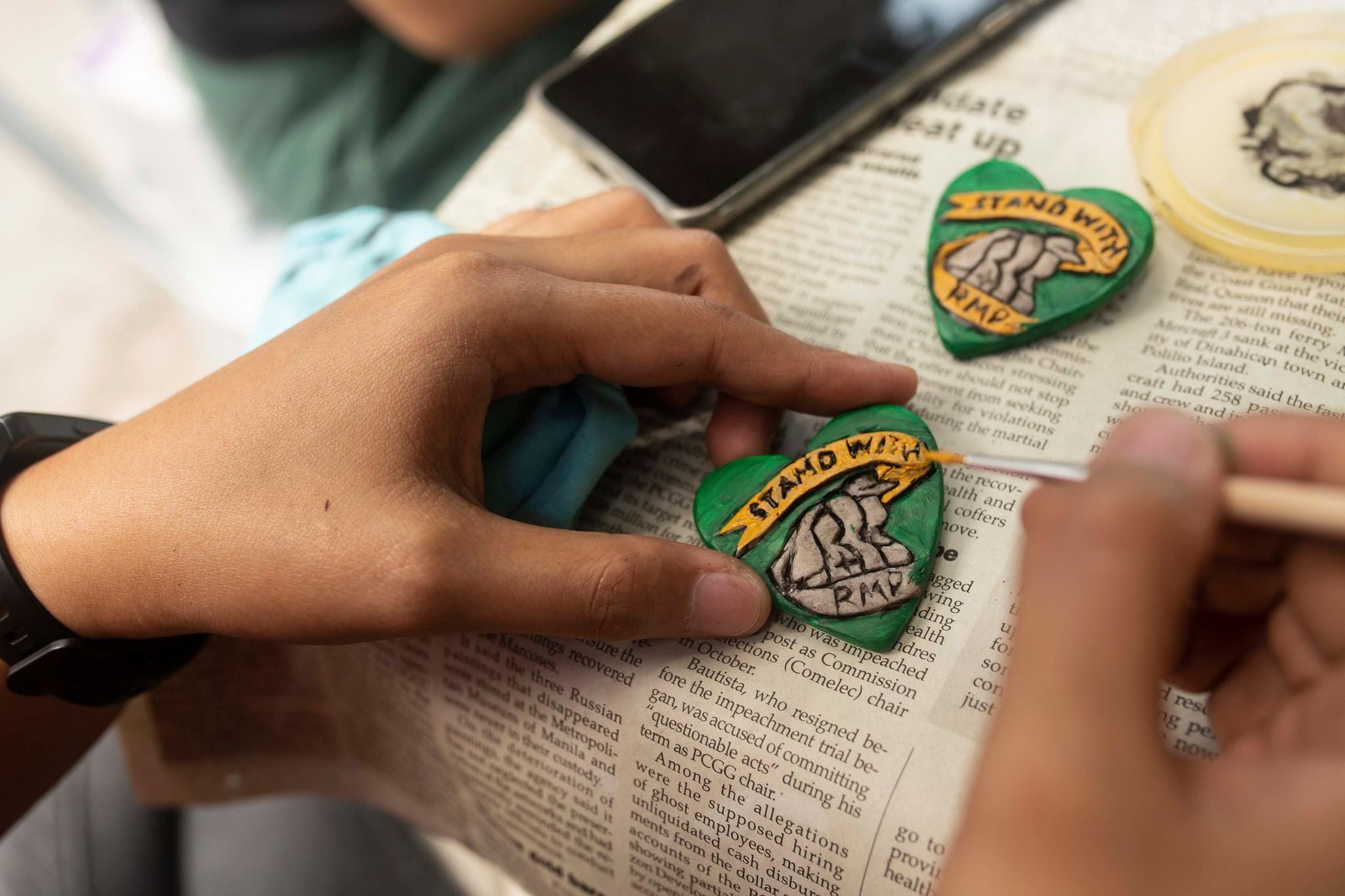
MANILA, Philippines – The Rural Missionaries of the Philippines (RMP) on Thursday, August 18, denounced the charges filed by the Department of Justice (DOJ) which accused them of allegedly providing funds to the Communist Party of the Philippines-New People’s Army (CPP-NPA).
In a statement, the religious group tagged the latest move by the DOJ as “Marcosian” and said it is part of the “worsening state repression against human rights defenders” in the country, which has affected the group’s ability to carry out their work.
“Why is the government – especially from [Rodrigo] Duterte to [Ferdinand Marcos Jr.] – hellbent in using all resources at its disposal to shut down the [RMP] for good?” it asked.
“The Marcos [Jr.] government is using the same playbook by predecessor Duterte by demonizing legal democratic organizations such as RMP which provide much-needed services to the people and putting its members in direct harm’s way,” the group added.
The DOJ on Monday, August 15, charged at least 16 people, including nuns, affiliated with the RMP for allegedly violating Section 8(ii) of Republic Act 10168 or the anti-terrorism financing act, which penalizes individuals found to have made “available any property or funds, or financial services or other related services” to an individual or group designated as a terrorist by the government.
The DOJ alleged that the religious group wired a portion of funding it received from foreign organizations to the CPP-NPA, based on a probe by the Anti-Money Laundering Council (AMLC) and testimonies of people who claimed to be former communist insurgents.
RMP, however, emphasized that all of its projects are “well-documented, reported and accounted for,” and that it has consistently complied with requirements in securing funding for projects, including audits.
The terror financing charge is the latest in a series of challenges faced by the 53-year-old RMP, a non-profit organization run primarily by nuns and other lay people involved in grassroots work with rural poor communities.
Its website was blocked in June 2022 upon the orders of then-national security adviser Hermogenes Esperon Jr., while several bank accounts have been frozen by AMLC over the years.
RMP on Thursday said the continued harassment from the state already “negatively affected” its work in various marginalized sectors, including peasants, indigenous peoples, and other members of rural poor communities.
“RMP’s mission work has been seriously hampered because of the relentless state attacks, depriving much-needed services to the poor,” the group said.
“With this latest state attack, Marcos [Jr.] is showing he is, after all, true to his core as the dictator’s son,” RMP added.
RMP has not been designated as a terrorist group by any court in the country, nor by the anti-terrorism council under the anti-terror law – unlike the CPP-NPA that was tagged as one in 2020.
Read RMP’s full statement below.
– Rappler.com
Add a comment
How does this make you feel?
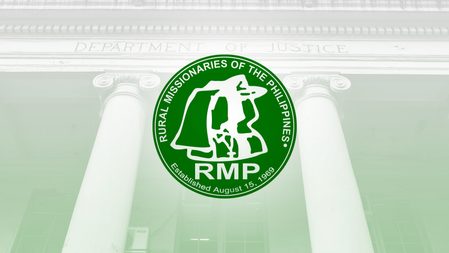
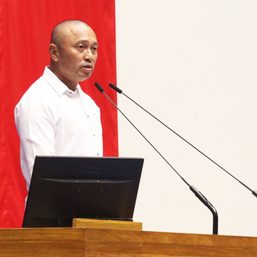
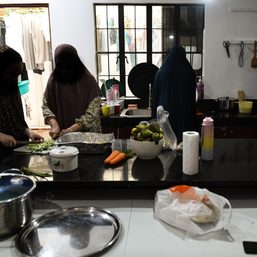
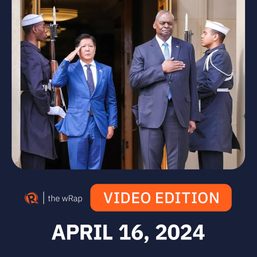
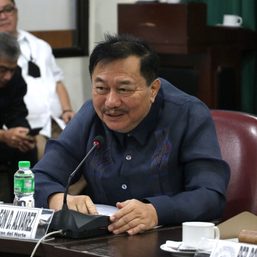
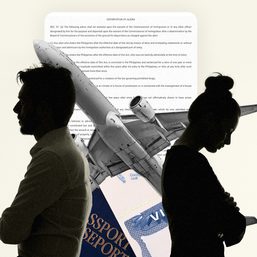



![[Just Saying] Diminished impact of SC Trillanes decision and Trillanes’ remedy](https://www.rappler.com/tachyon/2024/04/Diminished-impact-of-SC-Trillanes-decision-and-remedy.jpg?resize=257%2C257&crop=273px%2C0px%2C720px%2C720px)
![[Rappler Investigates] Son of a gun!](https://www.rappler.com/tachyon/2024/03/newsletter-duterte-quiboloy.jpg?resize=257%2C257&crop=450px%2C0px%2C1080px%2C1080px)
![[OPINION] ‘Some people need killing’](https://www.rappler.com/tachyon/2024/04/tl-some-people-need-killing-04172024.jpg?resize=257%2C257&crop_strategy=attention)
![[Judgment Call] Resisting mob mentality for warrantless arrests](https://www.rappler.com/tachyon/2024/04/judgement-call-mob-mentality.jpg?resize=257%2C257&crop=352px%2C0px%2C720px%2C720px)

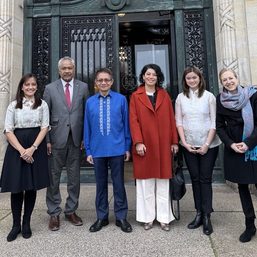
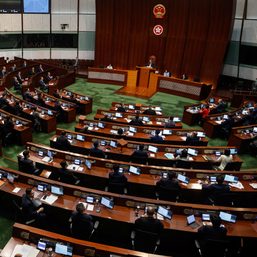
![[OPINION] Navigating the storms of repression: The resilience of young women rights defenders in Asia](https://www.rappler.com/tachyon/2024/03/women-rights-defenders-asia-mar-7-2024.jpg?resize=257%2C257&crop=278px%2C0px%2C720px%2C720px)
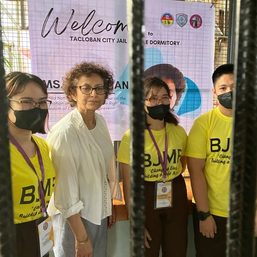
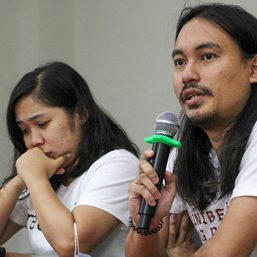

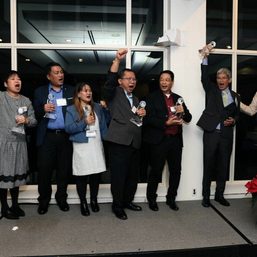
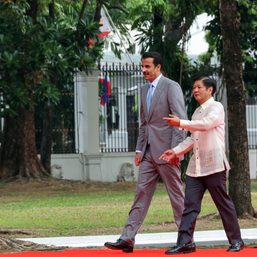
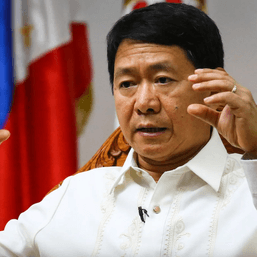
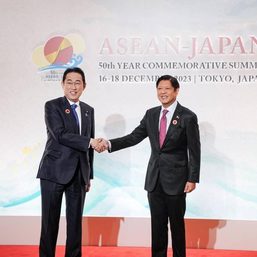

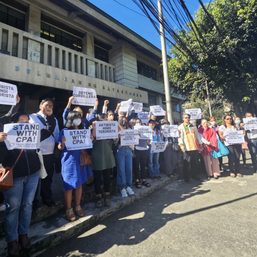
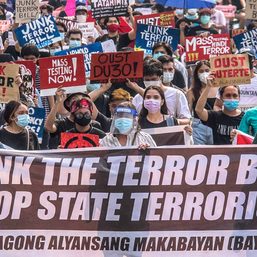
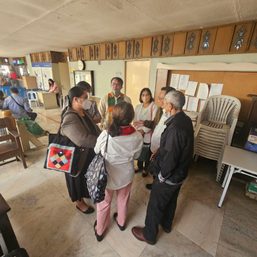
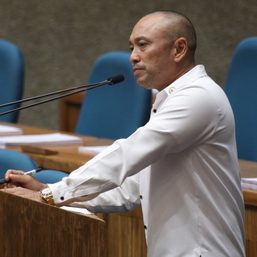
![[Judgment Call] Is Rappler an ‘enabler’ of Catholic ‘copycats’?](https://www.rappler.com/tachyon/2024/04/catholics-copycats-april-18-2024.jpg?resize=257%2C257&crop=418px%2C0px%2C1080px%2C1080px)
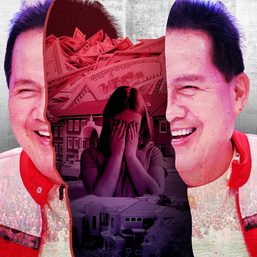

![[Rappler’s Best] The elusive big fish – and big fishers](https://www.rappler.com/tachyon/2024/04/The-elusive-big-fish-%E2%80%93-and-big-fishers.jpg?resize=257%2C257&crop=220px%2C0px%2C720px%2C720px)
There are no comments yet. Add your comment to start the conversation.